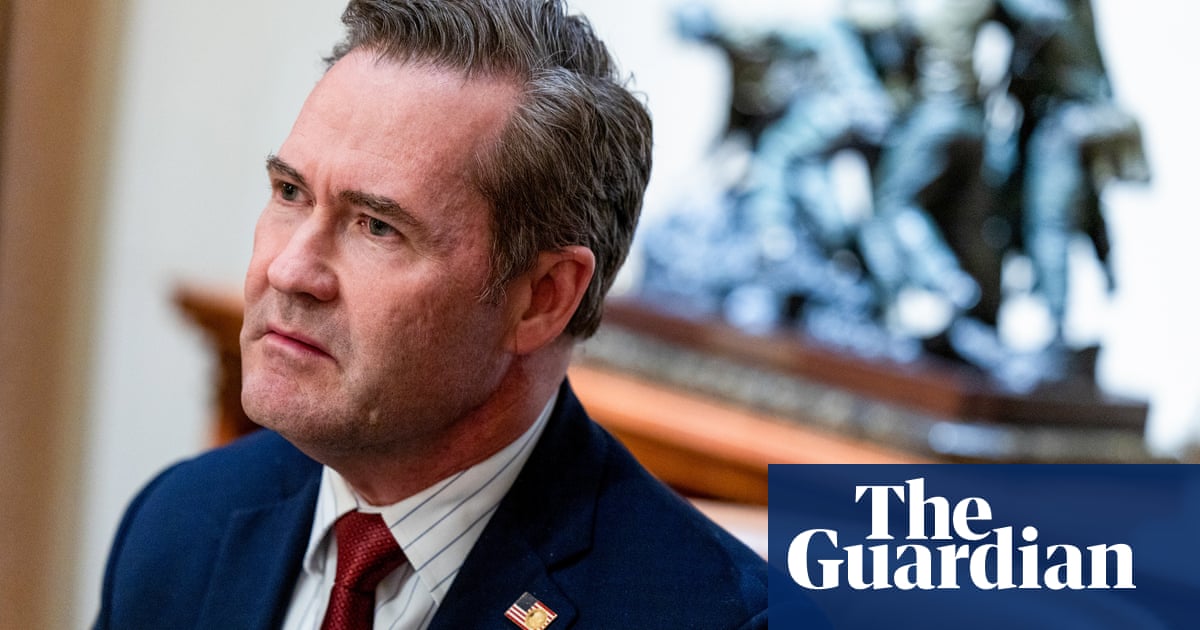The US supreme court will hear oral arguments on Wednesday in a case challenging Tennessee’s law that prevents transgender youth from accessing some gender-affirming medical treatments, including puberty blockers and hormone therapy.
The plaintiffs in US v Skrmetti, which was first brought by three trans youths and their parents last year, argue that the law violates the equal protection clause of the 14th amendment because of sex-based discrimination. Elizabeth Prelogar, the US solicitor general, specifically noted in a brief that the medical treatments targeted by the Tennessee law, known as SB1, are still available to young patients for reasons other than gender-affirming care.
“Put simply, an adolescent assigned female at birth cannot receive puberty blockers or testosterone to live as a male, but an adolescent assigned male at birth can,” Prelogar’s brief reads. “And that focus on sex and gender conformity is deliberate: SB1 declares that its very purpose is to ‘encourag[e] minors to appreciate their sex’ and to ban treatments ‘that might encourage minors to become disdainful of their sex.’ That is sex discrimination.”
The decision in the case, which is expected in June, could have sweeping implications for trans youth across the country. According to the Human Rights Campaign, 26 states have passed bans on gender-affirming care, affecting 39.4% of trans youth, or 118,300 trans minors between the ages of 13 and 17 across the US.
Proponents of the bans suggest that they help protect trans children from “experimental” treatments, but major medical and mental health groups reject that analysis. As part of its case defending the law, the state of Tennessee has relied on testimony from several doctors who have peddled misinformation to promote anti-trans messaging, the Guardian has previously reported.
In its amicus brief supporting the challenge to the Tennessee law, the American Psychological Association (APA) endorsed “unobstructed access to healthcare and evidence-based inclusive, clinical care for transgender, gender diverse, and nonbinary individuals”.
“The health care community’s understanding of what it means to be transgender has advanced greatly over the past century,” the APA wrote. “It is now understood and widely accepted within the medical and mental health communities that an incongruence between one’s sex and gender in and of itself implies no impairment in a person’s judgment, mental health, or general social or vocational capabilities.”
The case comes as anti-trans activism has become a cause célèbre among hard-right lawmakers and their supporters. Donald Trump’s successful presidential campaign produced an ad accusing Kamala Harris of “letting biological men compete against our girls in their sports”. The widely shared ad concluded: “Kamala is for they/them. President Trump is for you.”
With a six-three majority, the supreme court’s conservatives will have a decisive say in the ruling. Lower courts split in their own decisions on the matter, as a federal judge in Nashville sided with the challengers of the Tennessee law before a three-judge panel of the US court of appeals for the sixth circuit overturned that decision in a win for the state.
Although the conservative justices have previously proved amenable to Republicans’ arguments in some of the court’s highest-profile cases, at least one recent ruling offers some reason for optimism among trans rights advocates. In the 2020 case of Bostock v Clayton County, the conservatives Neil Gorsuch and John Roberts joined the court’s liberals in concluding that Title VII of the Civil Rights Act bars employers from discriminating based on sexual orientation or gender identity.
In the majority opinion, Gorsuch wrote: “An individual’s homosexuality or transgender status is not relevant to employment decisions. That’s because it is impossible to discriminate against a person for being homosexual or transgender without discriminating against that individual based on sex.”
Trans rights advocates hope that a similar argument will prevail on Wednesday, paving the way for overturning Tennessee’s law and others like it.
“Transgender youth are not political pawns,” Kelley Robinson, president of the Human Rights Campaign, said in a statement issued ahead of oral arguments. “They are children who deserve compassion, medical care and the same opportunities to thrive as all youth, and their parents deserve the same rights to support their needs as all other parents … This is about healthcare, plain and simple.”

.png) 3 months ago
39
3 months ago
39













































